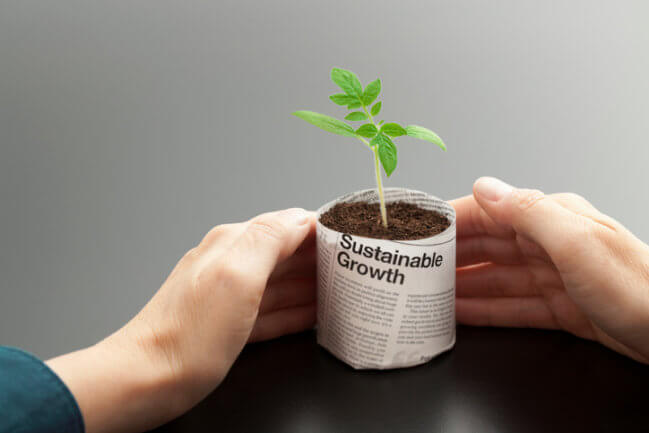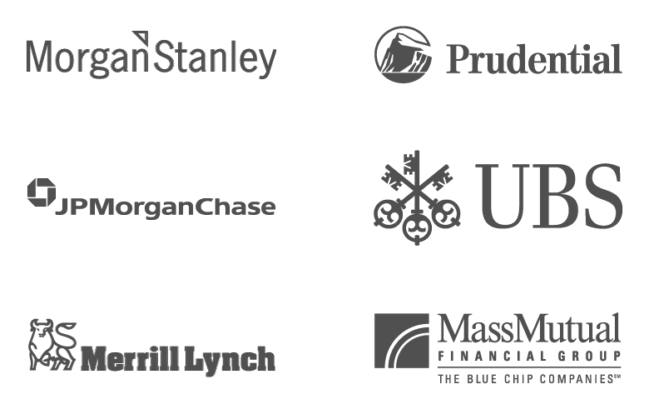Many investors — particularly those born after 1982 — are looking at more than just financial statements to pick their investments. Learn more about the growing cohort who prospers financially through ethical investing choices.
What Is Ethical Investing?
According to industry experts, socially responsible investing (SRI) means different things to different people. This makes it a frustrating topic to discuss with your partner’s parents, but an excellent one for your financial advisor. Perhaps the best way to pin down this concept is to summarize which business sectors this ethical investing approach avoids. For example, most finance industry experts consider Parnassus Core Equity Fund to be a socially responsible investment vehicle. It excludes companies generating significant revenue from alcohol, tobacco, weapons, nuclear power, gambling, fossil fuels, or those operating in Sudan. Other funds in this ethical investing space choose to exclude companies working in the adult entertainment industry.
For Many Ethical Investors, Sustainability Is Key
Socially responsible investment products also have an eye toward a more positive future, such as sustainable business practices. When it comes to businesses or charitable pursuits, socially responsible investors tend to seek out those which:
- Encourage water conservation
- Promote good health and/or exercise
- Develop solar or wind energy technologies
- Use recycled materials
Sustainable investing is rapidly growing in the U.S., with assets under professional management more than doubling from 2012 to 2016. Last year, total AUM for sustainable ethical investing reached $8.72 trillion — roughly 20% of all funds under professional management. This U.S. growth trajectory is expected to continue going forward.
Millenials Are At the Forefront of Ethical Investing Trends
Spectrem Group recently published a report that surveyed 3,070 investors with AUM ranging from $100,000 to $25 million. Here are some of their key findings on perceptions about socially responsible and ethical investing issues:
- Social factors determine investment decisions for 49% of Millennials with a net worth of more than $1 million and 53% of Millennials with a net worth under $1 million
- More than 1 in every 4 investors under age 45 have put at least 25% of their investments into socially responsible companies
- Familiarity with SRIs was higher among younger investors
- The wealthier the investor, the more familiar they were with ethical investing
- Creating a better world for their children and grandchildren was the most-cited reason survey respondents chose to invest in socially responsible firms
To sum up, about half of all Millennial investors prioritize ethical investing.
How Socially Responsible Business Practices Improve Fund Performance
Implementing ethically responsible business practices can actually improve fund performance, according to LPL Financials’ Sustainable Investing paper. Arabesque Partners and University of Oxford researchers aggregated the results from 200 global studies about sustainability’s impact on company performance. They discovered that according to 80% of industry-wide studies, implementing solid corporate sustainability practices positively impacted those companies’ stock prices. Further, ethical investing with a focus on sustainability just keeps growing, with assets under professional management totaling $22.9 trillion globally. In fact, 90% of studies they reviewed showed that sound sustainability standards can lower a company’s capital expenses. That means implementing sustainable business practices can help companies grow faster and with lower overhead costs. Solid environmental, social, and governance practices also resulted in better operational performance, according to 88% of industry studies researchers reviewed.
Financial experts often use the MSCI KLD 400 Social Index to measure sustainable companies’ fund performance. This index is comprised of American firms with the highest environmental, social, and governance factor ratings compared to industry peers. It also excludes companies operating in the alcohol, gambling, tobacco, weapons, and adult entertainment industries. Over the past decade, the MSCI KLD 400 Social Index slightly outperformed the S&P 500 Index. What’s more, it also showed slightly less market volatility.
In other words, these young investors are on to something. Ethical investing is good for society — and it’s even better for your own bottom line.




